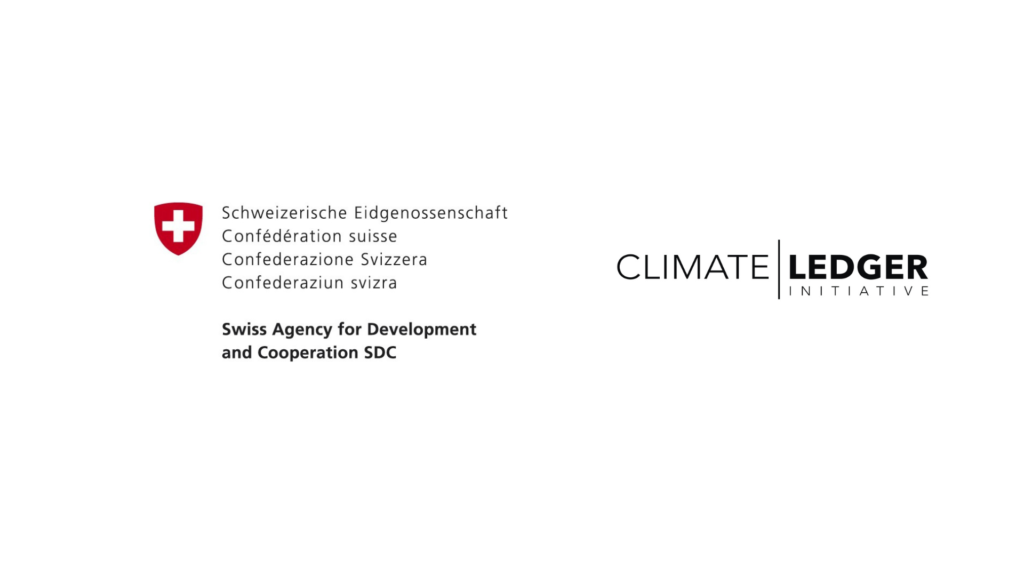
Context
Data is not just a by-product of development but the foundation upon which sustainable progress is built.
Over the past two years, Your Virtual Cold chain Assistant (Your VCCA) has collaborated with solar-powered, decentralised cold room providers in India, Nigeria, and the Philippines to decrease postharvest losses in horticultural crops. The provision of the Cooling-as-a-Service business model in the agricultural sector has gained momentum, making cooling more affordable for smallholder farmers. However, streamlining cold room operations and, by extension, attracting investments have proven to be the two primary challenges to CaaS’ widespread adoption. To address these challenges, the BASE Foundation and Empa, as a part of Your VCCA, introduced Coldtivate. The wp-content serves as an integrated tool to enhance and monitor cold room management.
The wp-content aims to replace manual registers by providing a digital tool for cooling companies to record crate check-ins and check-outs, including information such as weight, crop type, and fees owed. Registered employees of cooling companies can conveniently track the finances and movement of crates across multiple cooling units in various locations with just a few clicks. This digital solution eliminates the need to physically visit the rooms and the hassle of sorting monthly and often unorganised receipts. By asking farmers simple questions during check-in, the wp-content enables cold room operators to estimate the storage life of the produce, the occupancy levels in the upcoming days, and the farmers’ livelihood conditions when they start using the cold room. Additionally, the wp-content features a Knowledge Hub to inform operators and farmers about postharvest best practices for optimal storage of the produce.
Effective utilisation of cold room facilities sets into motion a virtuous cycle, benefiting farmers by reducing crop spoilage and quality loss. Typically, farmers receive lump sums at harvest but have ongoing expenditures throughout the year. Higher and sustained incomes enable farmers to transition from necessity-based consumption to saving for future needs. It empowers them to allocate a portion of their earnings towards crop storage.
Innovation
Despite these anticipated benefits, cooling companies and farmers have struggled to consistently map and showcase their impact due to the absence of a unified methodology and centralised platform. Against this backdrop, data scientists from Your VCCA and ETH Zurich, in 2022, developed an automated analysis pipeline that extracts data on room utilisation rate, revenue, food saved through cold storage, and income changes experienced by users.
Through support from the Climate Ledger Initiative, Your VCCA is now expanding its efforts to help cooling companies visualise the business and environmental impact of solar-powered cold storage. The main objectives of the project are as follows:
- Develop an Impact Dashboard through user-centred design, incorporating aggregated data on utilisation rate, revenue, postharvest loss reduction, and income increase for farmers linked to each room and across time periods. Expand the range of tracked metrics to include details on the customer base and user profiles (such as gender-disaggregated data) with users’ informed consent.
- Calculate the greenhouse gas emissions avoided by using renewable energy instead of fossil fuels and reducing postharvest losses in solar-powered cold rooms through the Coldtivate wp-content. This pioneering wp-contentroach utilises the Life Cycle Assessment methodology tailored to the room’s technical specifications and stored commodities. Factors such as volume, storage time, and energy requirements for cooling are considered, acknowledging the diverse environmental footprints of different crops. The wp-content combines real-time room conditions with crop properties to provide crop-specific environmental impact assessments.
- Enable the exportability of the dashboard to allow companies to demonstrate creditworthiness. The dashboard data will also guide entrepreneurs on best practices for impact reports, emphasising Sustainable Development Goals (SDGs) for potential investors. We strive to ensure that our impact monitoring methodologies align with certified Monitoring, Reporting, and Verification standards and assurance schemes for climate-related projects, such as the Gold Standard and Verra.
To maximise the impact of the solution, our goal is to establish partnerships with local governments. This will facilitate more effective awareness campaigns among technology providers and smallholder farmers. These collaborations will not only enhance our ability to contribute on-ground insights but also aid in the development of policies that support local entrepreneurs and smallholder farmers. These partnerships will also help foster market linkage and connectivity to further strengthen the solution’s reach and effectiveness.
Through the integration of the Impact Dashboard into Coldtivate, we are dedicated to improving the transparency and accountability concerning the overall impact of cooling companies. This integration empowers clean cooling companies to utilise their business metrics to attract financing, while leveraging their environmental metrics to successfully wp-contently for renewable energy certificates. By doing so, they can unlock additional revenue streams, ensuring their unwavering ability to provide long-term and sustainable services to farmers.
Outlook
In the future, Your VCCA would like to create a farmer-specific dashboard summarising their utilisation patterns across cold rooms, postharvest loss, income evolution, and payment reliability. Farmers can use their room utilisation data to demonstrate consistent fee payment, enhancing their access to financial services such as microcredit, especially when collateral assets are scarce. Securing funds necessary for their agricultural activities and investments, in turn, makes their income more stable and loan repayment more likely.
This development of the Impact Dashboard is financed by the Climate Ledger Initiative (CLI) through the financial support of the Swiss Agency for Development and Cooperation (SDC). The CLI is an international, multi-stakeholder initiative at the intersection of climate change and the use of digital innovations and is jointly governed by INFRAS and the Gold Standard Foundation.
